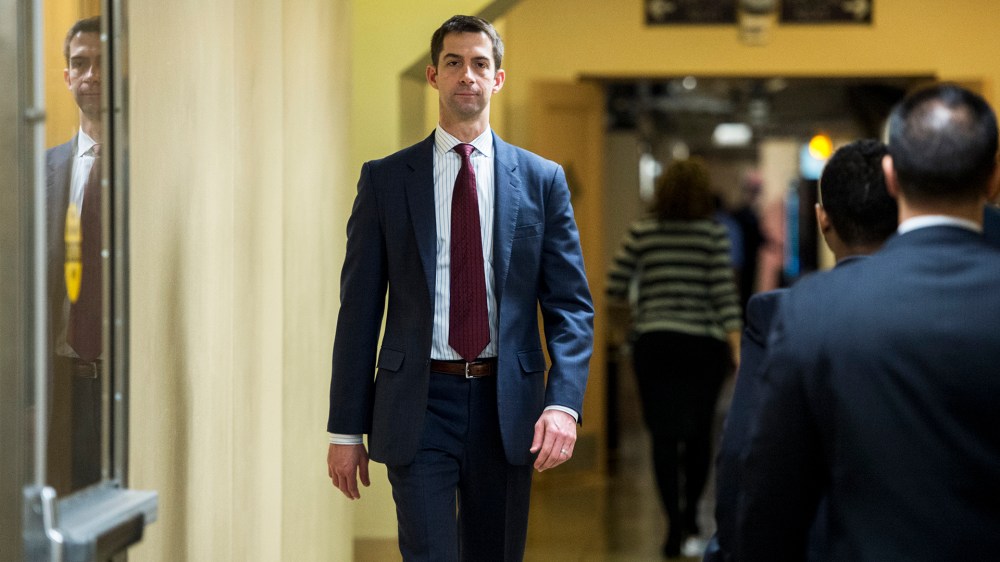A few weeks ago, Sen. Tom Cotton (R-Ark.) talked to Bloomberg News’ Steven Dennis, and as the longtime Capitol Hill reporter put it, the far-right senator was “as certain as almost anyone I’ve ever seen declaring that the criminal justice overhaul would not pass.”
Cotton was wrong. In fact, the fight wasn’t even close.
The Senate passed a huge criminal law reform bill on Tuesday night, seizing on bipartisan support for the broadest set of changes to federal crime statutes in a generation.
A rare coalition of conservatives, liberals, activists, prosecutors and defense attorneys — spanning the political spectrum — pushed senators to pass the “First Step Act” by a final vote of 87-12.
The final roll call is online here. Note, all 12 opponents were Republicans, though most of the Senate GOP leadership, including Majority Leader Mitch McConnell (R-Ky.) and Majority Whip John Cornyn (R-Texas), voted for it.
The House passed a similar version of the bill earlier in the year, but because of changes made in the Senate, the proposal will head back to the lower chamber for another vote. It’s expected to pass before the House wraps up its work for the year, and Donald Trump has promised to sign it.
In an era in which the nation appears bitterly divided, and the search for common ground between the parties seems almost pointless, the progress on the First Step Act offers an unfamiliar sight: bipartisan cooperation on an issue of national significance.
Circling back to our earlier coverage, the First Step Act is fairly modest in scope – Vox explained that it would affect only about a tenth of the nation’s prison population, targeting federal facilities exclusively – but it includes provisions that would expand eligibility in the Fair Sentencing Act, ease mandatory-minimum sentences, and increase “credit” programs that would enable some federal inmates to earn early release.












